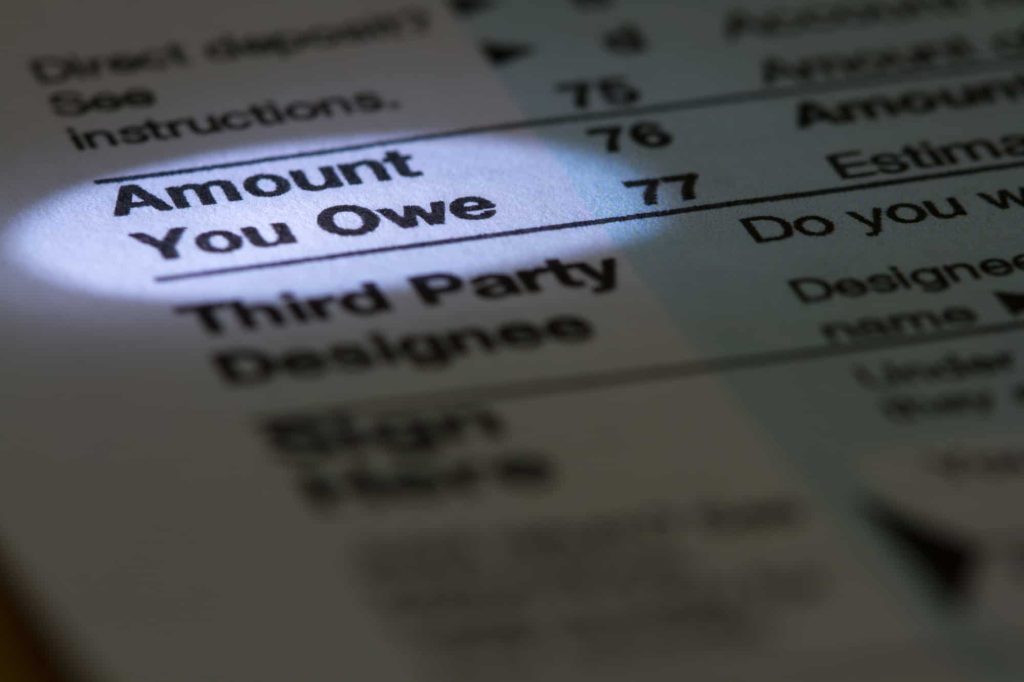
For most federal employees, buying a home is perhaps the biggest investment they will make. As federal employee homeowners prepare their federal and state tax returns, they are finding out that homeownership can result in reduced federal and state income liabilities.
The IRS explains the details of how owning a home can decrease personal tax liabilities in IRS Publication 530 (Tax Information for Homeowners). The following are some key tax deductions and tax exclusions associated with homeownership that federal employees and retirees should be aware of when it comes to owning, buying and selling a home.
Mortgage interest deduction
Individuals who itemize deductions on their federal income tax return (they file Schedule A, rather than taking the standard deduction) can deduct the mortgage interest paid during the year with the following limitations:
• Only the mortgage interest associated with the mortgage loan used to buy, build or substantially improve the home securing the loan can be used. The loan can be a first or second mortgage, a home-improvement loan, a home -equity loan or a refinanced loan.
• For mortgages originated on or before December 15, 2017, interest on as much as $1 million of debt is deductible ($500,000 if married filing separately).
• For mortgages originated on or before December 15, 2017, interest on as much as $750,000 of debt is deductible ($375,000 if married filing separately).
Deduction for state and local property taxes
Homeowners who itemize deductions can deduct state and local taxes subject to an overall state and local tax (SALT) cap.
The deduction for SALT (this includes state and local income taxes, sales taxes, personal property taxes and real estate taxes) is limited to $10,000 per return, or $5,000 if married filing separately.
What expenses associated with homeownership cannot be deducted?
There are several expenses associated with homeownership that homeowners cannot deduct, including:
• Insurance, including title insurance.
• Wages paid for domestic help.
• Depreciation.
• Cost of utilities or home repairs.
• Internet or Wi-Fi, and
• Homeowners or condominium association fees.
Energy-efficient home improvement credit
Homeowners who make certain energy-efficient improvements to their homes can claim a tax credit of up to $3,200 a year.
The home improvement credit equals 30 percent of the cost of improvements allowed. Insulation, windows and doors, heat pumps, water heaters and biomass stoves can qualify.
These credits were expanded under the Inflated Reduction Act of 2022.
Homeowners who add solar, solar water heaters or battery storage to their homes can claim residential clean-energy credits.
The credit covers 30 percent of the cost of allowable improvements, with no annual or lifetime maximum. The credit is nonrefundable, meaning that the amount of credit received cannot exceed the amount the homeowner owes in federal income tax. A homeowner can carry forward any excess unused credit to future tax years.
Capital gains tax exclusion when selling a home.
If a homeowner sells his or her home and the home has gone up in value since the home was bought, then the homeowner will owe capital gains taxes on the gain in value of the home. The capital gain in the value of the home is the difference between the selling price and the home’s adjusted basis. The home’s adjusted basis is what the homeowner paid for the home, plus any renovations or other capital improvements and certain selling expenses. Examples of capital improvements are adding a deck, renovating a bathroom or kitchen, landscaping and putting siding on the house.
Under Internal Revenue Code Section 121, a homeowner who sells his or her home can exclude up to $250,000 of capital gains if the homeowner is a single tax filer. Married couples filing jointly can exclude up to $500,000 of capital gains.
To be eligible, the homeowner must have used the home as a primary residence for at least two of the previous five years ending on the date of sale. There is no requirement that the homeowner buy another home at a buying price that exceeds the selling price of the home.
The $250,000/$500,000 capital gains tax exclusion can be particularly valuable for recently retired federal retirees. These retired retirees may have lived in a home for 30 or more years in which they raised a family. The retirees are now “empty nesters” and looking to downsize. Over the years they have built up a great deal of equity in their homes. Excluding a sizable portion of the capital gain from taxes resulting from selling their home (without the requirement to purchase a more expensive home) is a significant and valuable tax break for all individuals, especially senior citizens.
Federal employees and retirees with additional questions about tax deductions and tax exclusions associated with their homeownership are advised to consult with a CPA or IRS Enrolled Agent.

